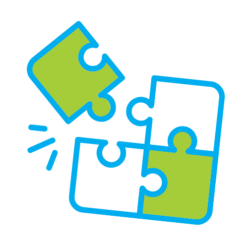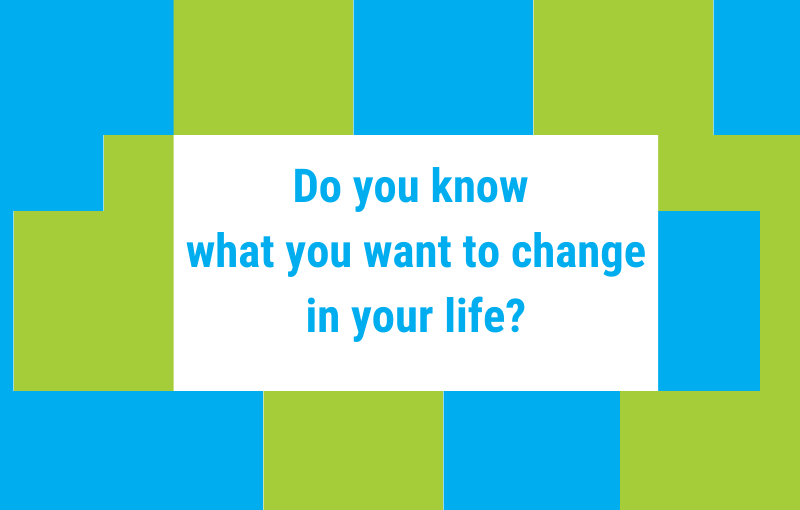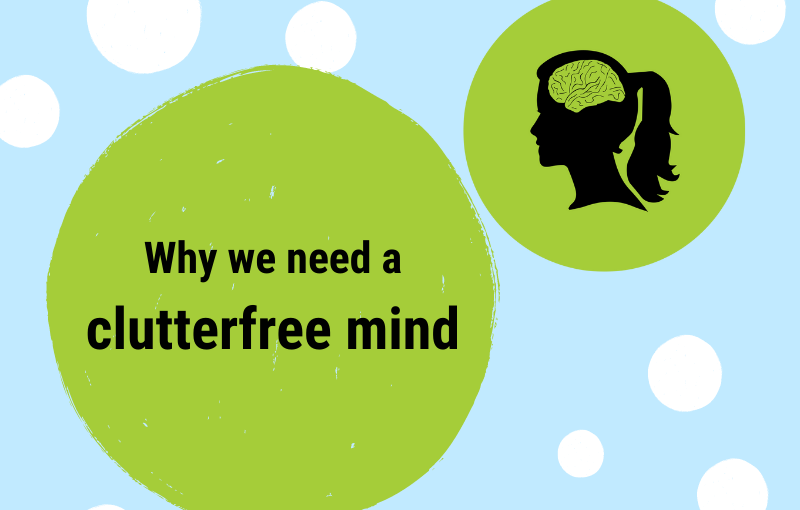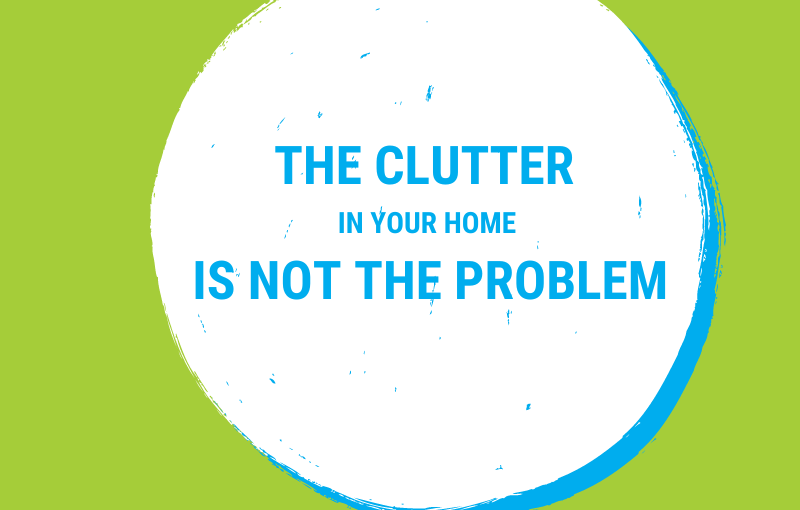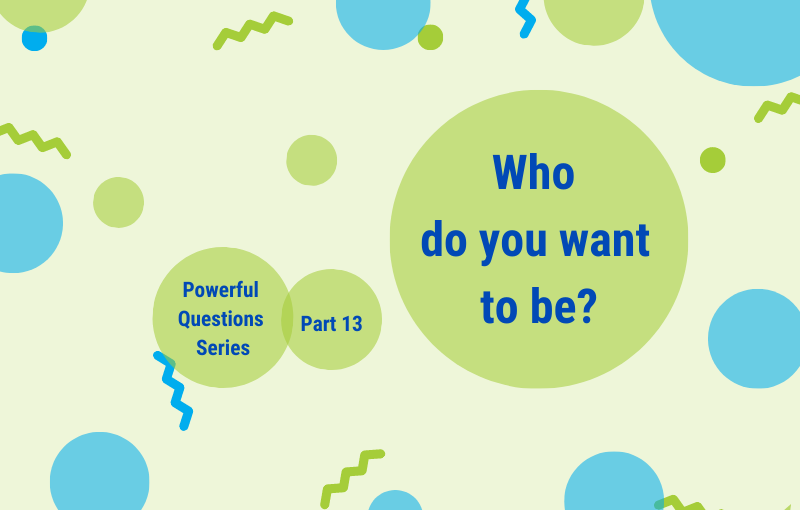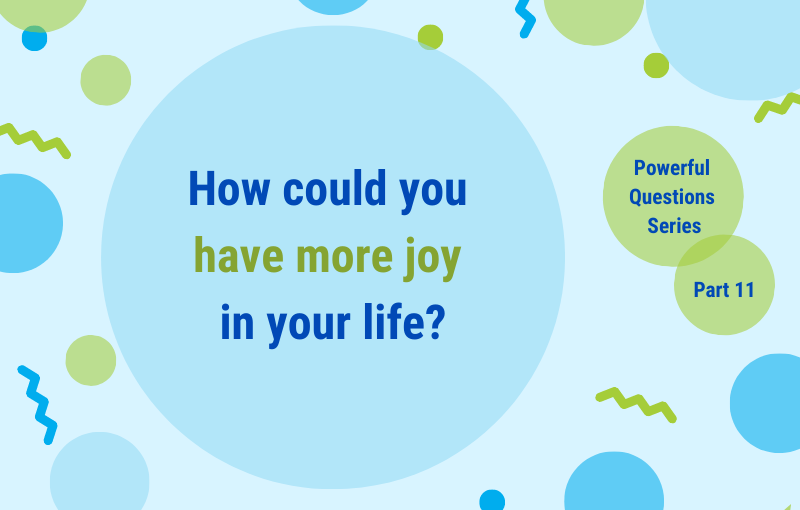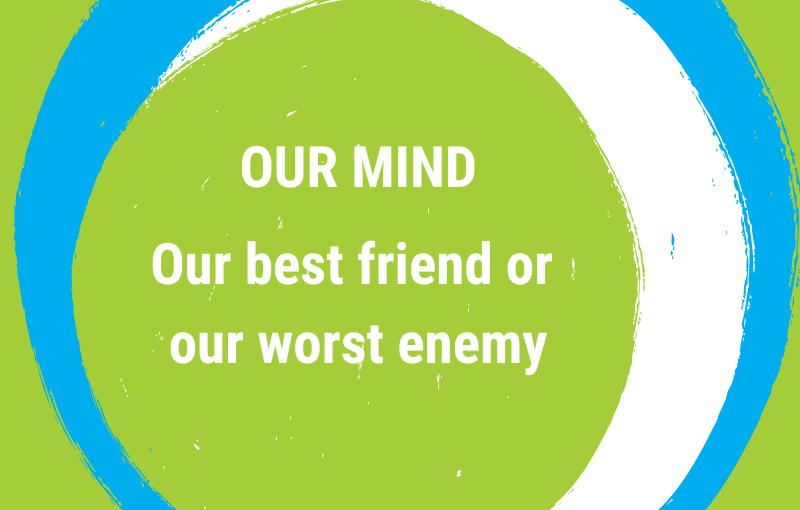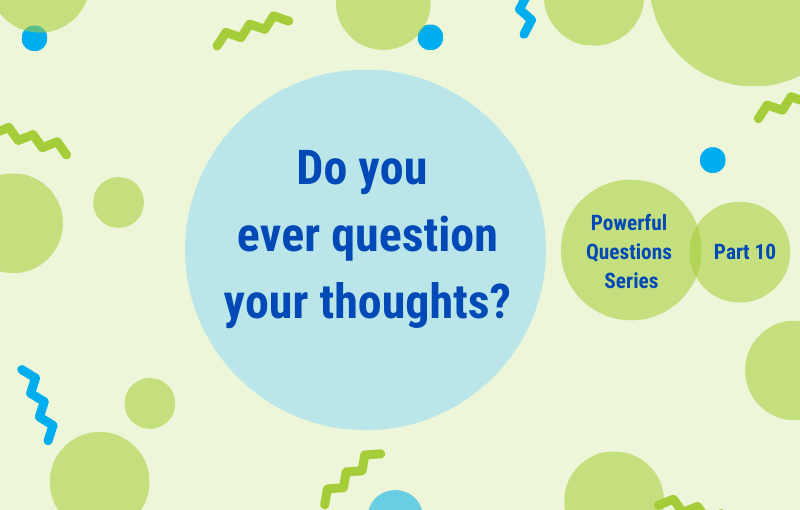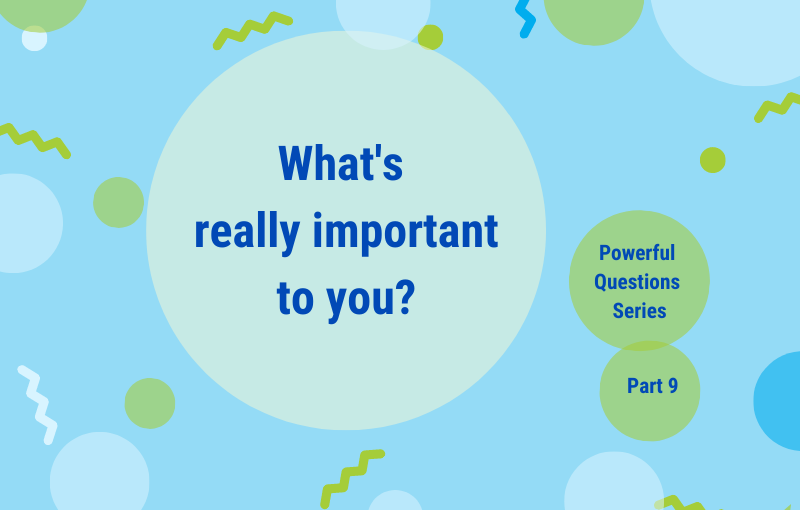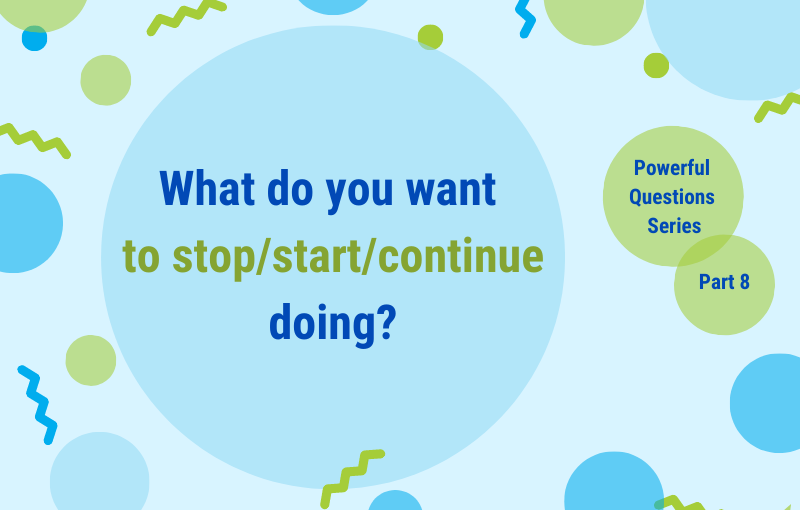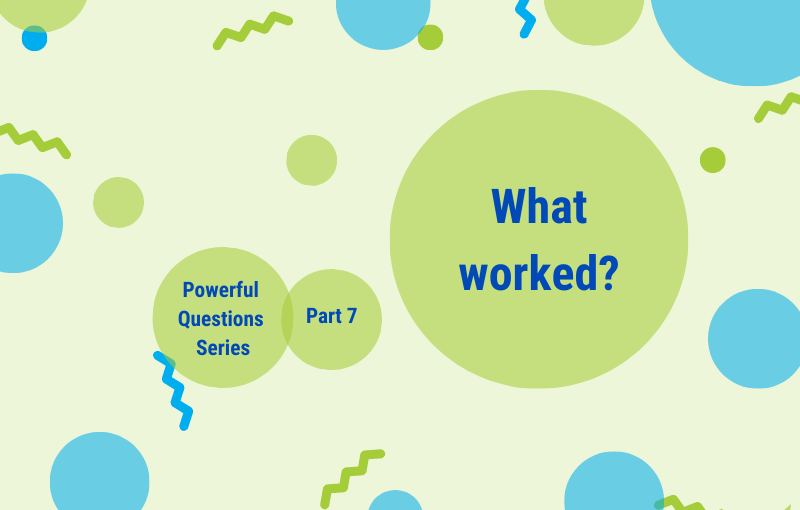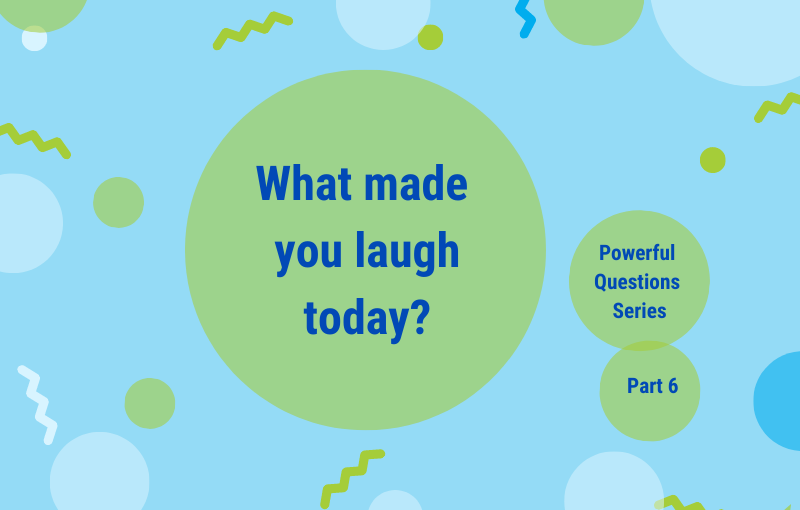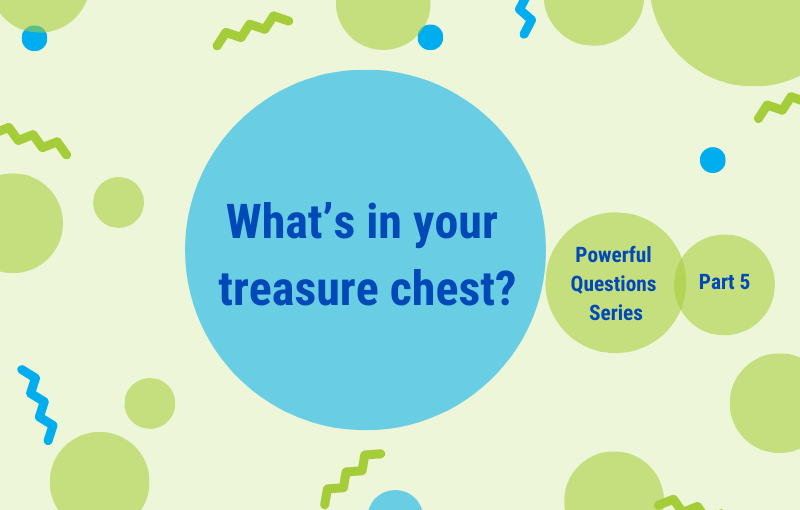The solution to our clutter problems looks easy. But is it really easy?
From the outside, the solution to the clutter problems in our homes looks simple and easy:
Getting rid of the ‘too much stuff’, all the belongings that we don’t need, love, use (any longer) will immediately create sufficient space for the things we want to keep.
As soon as the house is clean and clear, it will be fun to organise everything nicely, and then we can lean back and relax and enjoy our home and life.
We all know, however, that in real life it’s not that simple and easy.
Instead of making decisions and taking action, we so often procrastinate and postpone our decluttering projects, and over time we are even adding new things to the clutter instead of sorting it out.
Why your brain loves the clutter in your life and wants to keep it.
It’s not your fault if you don’t do what you promised yourself to do.
You are not a weak or bad person because you procrastinate and postpone tasks and projects.
There is nothing wrong with you if you struggle to clear up the messy areas in your life.
If anyone is to blame, it’s not you. It’s your brain.
As humans, we all have a human brain. Our brain is extraordinary and amazing. Powerful and efficient. It’s really something special:
-
- Having a human brain is wonderful at least half of the time – because the newer parts of our brain enable us to plan deliberately and consciously, to structure and organise, and to realise the ideas and goals that are important to us in our life.
- Having a human brain, however, can be frustrating the other half of the time. That’s because the older parts of our brain are not at all interested in our personal development and in the realisation of our goals.
Our primitive brain is 100% focused on our survival.
And yes, that’s great – we all want to survive. However, we not only want to survive, but we also want to create, and grow, and enjoy our life.
So how can we motivate our primitive brain to partner up with us and help us achieve our goals and do the things we want to do, like getting rid of the clutter in our home?
We need to understand our human brain and what it does to keep us alive.
Our brain’s job is to ensure our survival.
These are the main parts of its ‘job description’:
-
- It wants to help us save energy – That’s why it’s trying its best to make us efficient and to avoid hard work. That’s why it prefers to rinse and repeat our thoughts, feelings, and actions instead of doing anything new or challenging.
- It wants to protect us from feeling any pain or discomfort – That’s why it wants us to seek pleasure and run away from anything that might cause us even temporary pain or discomfort.
- It wants to keep us safe and away from any potential risks – That’s why it tells us that we can’t do new things, that we should hide ourselves where we are, that we are unable to change anything.
We need to understand and accept that our brain is programmed to protest whenever we make challenging plans and choose new goals, whenever we decide that we want to change ourselves or our lives.
The purpose and the effects of our negative and limiting thoughts.
The main strategy of our brain in doing its job as our ‘survival manager’ is to offer us negative thoughts.
It permanently tells us that we are not capable to do it, that we don’t need to do it, that we don’t know how to do it, that it’s too hard, that we will fail and feel terrible.
That our brain is coming up with these kinds of thoughts is actually not the problem. It’s just what human brains are supposed to do.
The problem is that most of these thoughts that our brain produces on default are unconscious thoughts – and that we don’t realise that they are just thoughts, not facts.
All these thoughts that are supposed to keep us from getting started, from doing what we want to do, are just sentences in our mind – they are not the truth.
The good news is that we can solve this problem.
We have a brain, but we are not our brain. We can decide to deliberately manage our mind and take control of our thoughts, those sentences in our mind.
The solution is just one thought away.
All we need is awareness and decisiveness.
We need to become aware of what we are currently thinking because what we are thinking determines what we are feeling and doing. Or not doing.
And then we can decide to declutter any limiting or useless thoughts and replace them with new powerful thoughts – thoughts that allow us to get started and help us get things done.
As soon as we get used to thinking differently, we are going to feel and act differently. We are going to start and finish what we want to do, we get things done.
How we can help our brain believe that we can take action and create results
We now know why our brain doesn’t want us to create change in our life and why it’s so determined to make it as difficult as possible for us to do new or challenging things.
We appreciate its intention (to keep us safe and comfortable) but we no longer want to follow its suggestions (because they keep us stuck).
We are willing to make some bold decisions and let go of thought errors and replace them with powerful new thoughts.
However, we can’t expect our thought work to be 100% successful from day one.
We need to expect our brain to come up with resistance.
It will fight our new ideas and it will try to prove to us that the old way of thinking about us and our abilities is the best way and that we should give up and declare defeat.
Our brain is easier to persuade if it can see some evidence that we are on the right track.
The best way to get our brain on board is to offer it some early success stories.
And we are absolutely able to create these success stories, even when our new thoughts are not yet 100% grounded in and accepted by our brain.
We do so by committing ourselves to do some practical physical work, just a little bit, a few tiny steps – to get started and to deliver first visible and believable results.
This will help our brain to change its mind and become a supporter of our decluttering projects.
[
